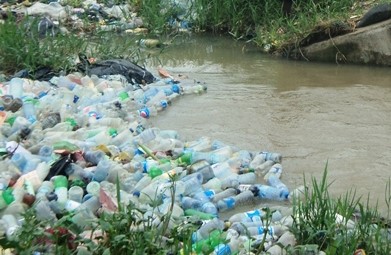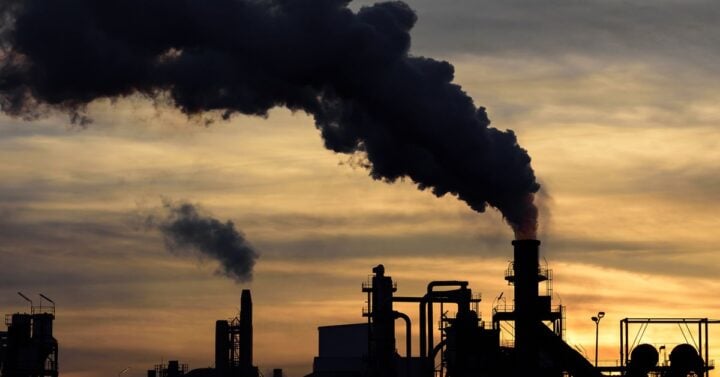A group of civil society organisations (CSOs) has faulted the suspension of the green tax on single-use plastics.
On July 6, TheCable reported that the federal government suspended green taxation which places excise duty on single-use plastics (SUPs), including plastic containers and bottles.
The government said the suspension was part of efforts to address business-unfriendly fiscal policy measures and the multiplicity of taxes.
However, in a statement on Tuesday, Environmental Rights Actions/ Friends of the Earth Nigeria and member organisations of the Global Alliance for Incinerator Alternatives (GAIA), warned that the decision will make Nigeria a dumping ground for plastic waste products.
Advertisement
Chima Williams, executive director of ERA/ FoEN, said it is “unfortunate” that while the world is pushing for the reduction of plastic use, the Nigerian government is doing the opposite.
He said the policy portrays Nigeria as one not committed to the Paris agreement and the campaign to end the invasion of plastics on water bodies.
“At a time like this when the world is set on improving the consciousness of the public on the need to end the use of plastic, it is unfortunate that our president is increasing the importance of plastic products, when Nigeria is being ravaged by a plastic tsunami,” Williams said.
Advertisement
“Nigeria is supposed to be signing a law that promotes the phase-out of plastic. This suspension may seem that the government is not committed to the implementation of the Paris Agreement on the reduction of the impact of climate change from the waste sector.”
GREEN TAX DISCOURAGES CONSUMERS FROM BUYING PLASTICS
Melody Enyinnaya, ERA/ FoEN project officer of waste management, said green taxation increases production costs for companies, thereby leading to high prices on plastics, which in turn discourages consumers from buying.
She said the tax if allowed, will further reduce the pollution rate in the environment, noting that single-use plastics have become a major pollutant of the environment.
Advertisement
“The key implication here is that this suspension will impede the efforts in reducing single-use plastics (SUPs) pollution, especially for a country like Nigeria that does not have effective policies guiding SUPs production, consumption and disposal,” she said.
“The government should revisit the suspension of green taxation while considering the environmental and health implications of such policies at heart.”
She further advised the government to look at developing legislative instruments like a withdrawal policy that will hold companies accountable for their product’s waste.
Leslie Adogame, executive director of Sustainable Research and Action for Environmental Development (SRADeV), added that an outright ban is a solution to ending plastic waste in Nigeria.
Advertisement
Add a comment






